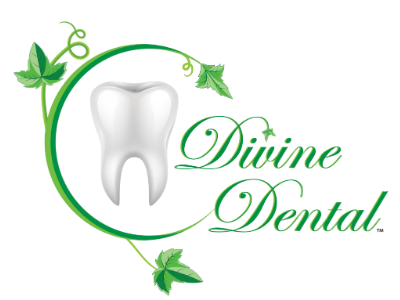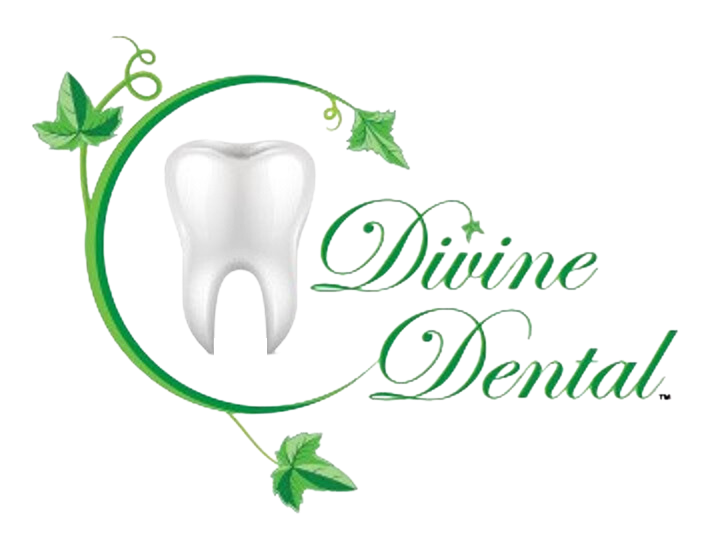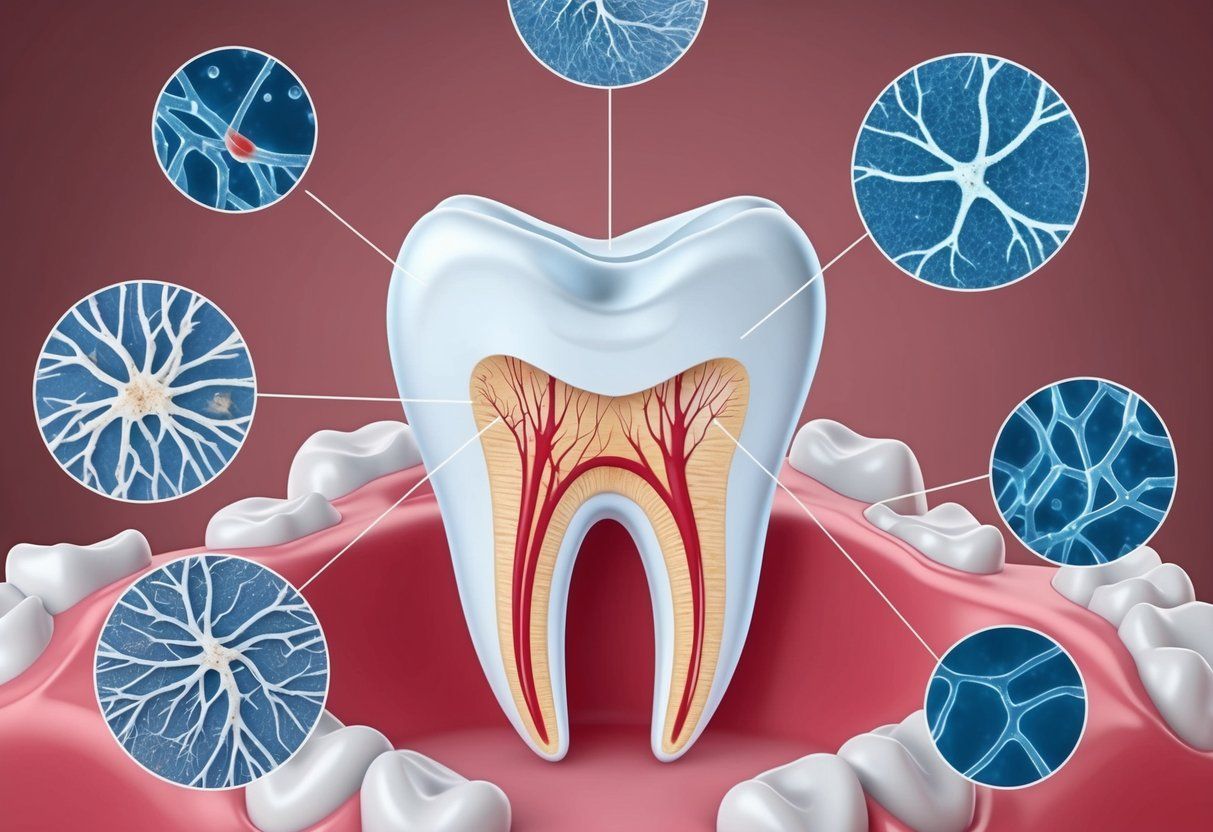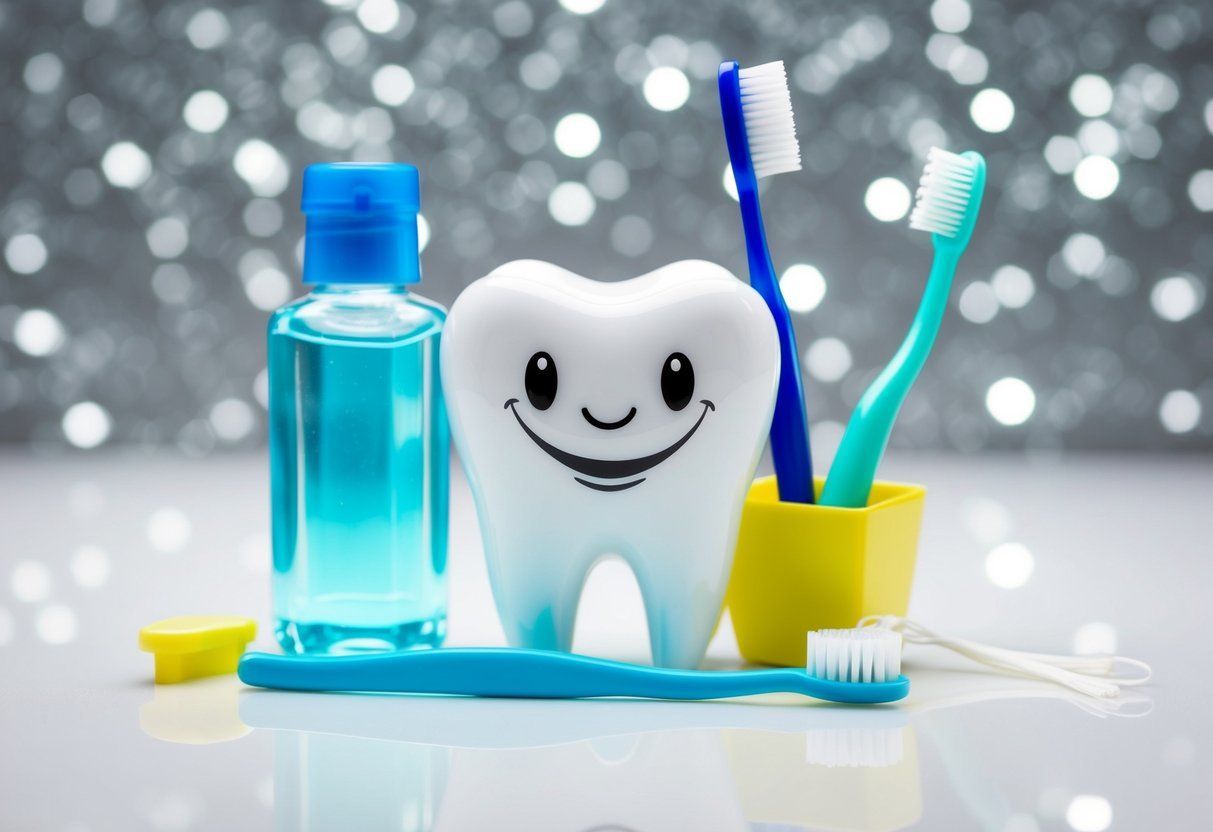How To Prevent Tooth Decay: 5 Tips For A Healthy Smile
Tooth decay, also known as dental caries, is a common oral health issue that affects many people worldwide. It occurs when the bacteria in our mouth break down food particles, producing acids that attack the tooth enamel. Over time, this can lead to the formation of cavities, gum disease, bad breath, and tooth loss. Preventing tooth decay is crucial for maintaining good oral health and a healthy smile. By following simple steps and incorporating good oral hygiene practices into our daily routine, we can minimize the risk of tooth decay and keep our teeth strong and beautiful. In this article, we will discuss five essential tips for preventing tooth decay and achieving a healthier smile.
Tip 1: Brush Your Teeth Twice a Day
Brushing your teeth twice a day is crucial for maintaining good oral hygiene and preventing tooth decay. By brushing regularly, you can effectively remove plaque, food particles, and bacteria from your teeth and gums, preventing dental issues and ensuring a healthy smile.
To brush your teeth properly, start by choosing a soft-bristled toothbrush. Soft bristles are gentle on your gums and tooth enamel, reducing the risk of toothbrush abrasion. Apply a pea-sized amount of fluoridated toothpaste to your brush and brush in gentle, circular motions. This technique helps to remove plaque and food particles from all surfaces of your teeth and gums.
It is important to brush for a minimum of two minutes each time. This duration allows enough time for the toothpaste's fluoride to work its magic and strengthen your tooth enamel, providing protection against tooth decay.
Choosing the right toothpaste is also essential for maintaining good oral health. Look for toothpaste that has the American Dental Association (ADA) seal of approval, as it ensures the toothpaste is effective and safe to use.
By brushing your teeth twice a day with a soft-bristled toothbrush, using the proper technique, and choosing the right toothpaste, you can establish a healthy oral hygiene routine and enjoy the oral health benefits of a healthier smile.

Tip 2: Floss Every Day
Flossing is a crucial step in maintaining good oral health and preventing tooth decay. Brushing alone cannot reach all the tight spaces between your teeth and along the gum line, where food particles and plaque can accumulate.
To floss effectively, start by taking around 18 inches of dental floss and wrapping it around your middle fingers. Hold the floss tightly between your thumbs and index fingers, leaving about an inch of floss in between. Gently guide the floss in a back-and-forth motion between each tooth, making sure to curve it around the base of each tooth and reaching below the gum line.
Regular flossing offers numerous benefits for oral health. It helps remove food particles stuck between your teeth, preventing plaque buildup. Plaque is a sticky film of bacteria that can lead to gum disease and tooth decay if not removed. By flossing daily, you can significantly reduce the risk of gum disease and eventual tooth loss.
In addition to preventing oral health issues, flossing can also keep your breath fresh. When food particles are left between your teeth, they can break down and contribute to bad breath.
By including daily flossing in your oral hygiene routine, along with brushing and regular dental cleanings, you can maintain a healthy and beautiful smile for years to come.
Tip 3: Use Fluoride-Based Toothpaste and Mouthwash
Using fluoride-based toothpaste and mouthwash is essential for preventing tooth decay and maintaining optimal oral health. Fluoride is a mineral that helps strengthen tooth enamel and provides protection against tooth decay.
Tooth enamel is the outer layer of the tooth that acts as a protective shield. The acids produced by bacteria in the mouth can weaken and erode the enamel, leading to tooth decay. Fluoride helps remineralize and strengthen the enamel, making it more resistant to acid attacks.
When choosing toothpaste, opt for fluoride-based formulations recommended by dental professionals. Look for toothpaste with the American Dental Association (ADA) seal of approval, ensuring it contains the right amount of fluoride to effectively prevent tooth decay.
Using fluoride-based mouthwash alongside fluoride toothpaste can further enhance the protective benefits. Mouthwash reaches areas that may be missed by brushing alone, helping to kill bacteria and freshen breath. It should be used as part of a comprehensive oral hygiene routine, including brushing and flossing.

Tip 4: Reduce or Eliminate Sugary Foods and Drinks in Your Diet
Reducing or eliminating sugary foods and drinks from your diet is crucial for preventing tooth decay and maintaining a healthy smile. Consuming excessive amounts of sugar can contribute to the formation of dental plaque, a sticky film of bacteria that forms on the teeth. This plaque produces acids that can weaken and erode the tooth enamel, leading to tooth decay.
Sugary foods and drinks are major contributors to the formation of dental plaque. By cutting back on these items, you can significantly reduce your risk of tooth decay. Opt for healthier alternatives such as fresh fruits, vegetables, and whole grains, which not only provide essential nutrients but also help stimulate saliva production, which aids in washing away food particles and buffering acids.
When choosing beverages, opt for water instead of sugary drinks like sodas or fruit juices. Not only does water help hydrate your body, but it also helps rinse the mouth and neutralize harmful acids. If you do indulge in sugary foods or drinks occasionally, it's important to brush your teeth or rinse your mouth with water afterward to minimize the negative effects on your tooth enamel.
By reducing or eliminating sugary foods and drinks from your diet, you can help protect your tooth enamel and prevent tooth decay. Remember to practice good oral hygiene and visit your dentist regularly for check-ups and cleanings to maintain a healthy smile.
Tip 5: Visit Your Dentist Regularly
Regular dental visits are an essential part of maintaining good oral health and preventing tooth decay and gum disease. While practicing good oral hygiene at home is important, professional dental care is necessary to address any issues that may arise and ensure your smile stays healthy.
Regular dental check-ups allow for the early detection and treatment of oral health issues. Dentists are trained to identify signs of tooth decay and gum disease before they become more serious and painful. By catching these issues early on, you can avoid more extensive and costly treatments in the future.
The recommended frequency for dental visits is typically every six months. This regularity allows your dentist to monitor your oral health and address any concerns promptly. During these visits, your dentist will perform a thorough examination of your teeth and gums, clean and remove any plaque or tartar buildup, and provide helpful guidance for maintaining good oral hygiene at home.
In addition to preventing tooth decay and gum disease, regular dental visits offer additional oral health benefits. Your dentist can also monitor for signs of other dental issues such as tooth fractures or discoloration. They may also examine your mouth for signs of oral cancer or other health conditions.
Don't neglect your oral health – make sure to visit your dentist regularly. By doing so, you can maintain a healthy smile and catch any potential issues early, ensuring long-term oral health and well-being.

Conclusion
In conclusion, maintaining good oral hygiene and regularly visiting the dentist are crucial steps in preventing tooth decay and other oral health issues. By practicing daily oral hygiene habits such as brushing with fluoride toothpaste, flossing, and using mouthwash, you can remove plaque and food particles that contribute to tooth decay and gum disease.
Additionally, scheduling regular dental visits, like in The Scottsdale Dentist, allows your dentist to catch any oral health concerns early on before they become more severe and costly to treat. These visits also provide the opportunity for your dentist to assess your overall oral health, monitor for any potential dental issues, and even screen for oral cancer or other health conditions. By consistently prioritizing oral hygiene and seeking preventative dental care, you can achieve and maintain a healthy smile for years to come.




